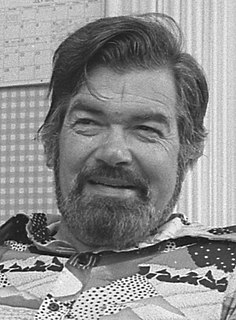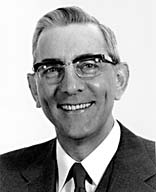A Quote by Laurence J. Peter
Psychiatry enables us to correct our faults by confessing our parents' shortcomings.
Quote Topics
Related Quotes
Before making peace, war is necessary, and that war must be made with our self. Our worst enemy is our self: our faults, our weaknesses, our limitations. And our mind is such a traitor! What does it? It covers our faults even from our own eyes, and points out to us the reason for all our difficulties: others! So it constantly deludes us, keeping us unaware of the real enemy, and pushes us towards those others to fight them, showing them to us as our enemies.
One of the greatest and also the commonest of faults is for men to believe that, because they never hear their shortcomings spoken of, or read about them in cold print, others can have no knowledge of them. GEORG CHRISTOPH LICHTENBERG, The Reflections of Lichtenberg We are often more agreeable through our faults than our good qualities.
Once you develop confidence in your own ability, you'll be able to make a real contribution to creating a better world. Self-confidence is very important. Not in the sense of blind pride, but as a realistic awareness of what you can do. As human beings we can transform ourselves by our good qualities and reducing our faults. Our intelligence enables us to judge what is good from what is harmful.
Writing a diary every evening before going to bed is a good habit. We can record in the diary how much time we have devoted to our spiritual practice. The diary should be written in a way that helps us see our mistakes and correct them. It should not be a mere document of other peoples' faults or our daily transactions.
Love is the movement within life that carries us, that enables us, that causes us to break out of what Alan Watts calls the “skin-encapsulated ego.” Without love, we are self-centered, but love enables us to move the center of our lives outside our ego. Therefore it expands our lives and, needless to say, enriches it. Any human being would give anything to love or be loved. When it really happens, it is like heaven on earth.
Now, justification in this life is given to us according to these three things: first by the laver of regeneration by which all sins are forgiven; then, by a struggle with the faults from whose guilt we have been absolved; the third, when our prayer is heard, in which we say: 'Forgive us our debts,' because however bravely we fight against our faults, we are men; but the grace of God so aids as we fight in this corruptible body that there is reason for His hearing us as we ask forgiveness.





































